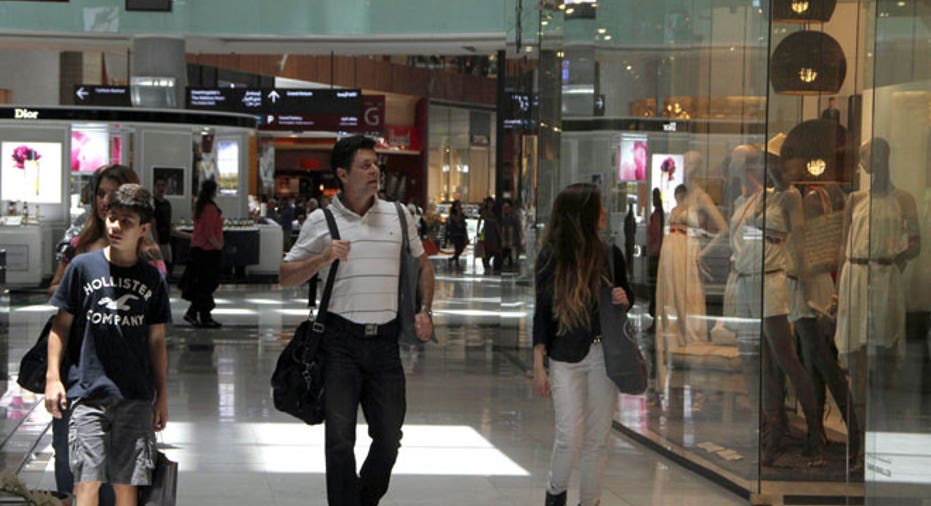Rising Interest Rates Will Be a Mixed Bag for Consumers Next Year

Interest rates have been at ultra-low levels for six years and counting, but they aren’t going to stay there forever.
No one is predicting interest rates will skyrocket, but consumers should expect an uptick in the middle of next year, which can have a big impact on their household budgets.
“We are probably looking at mid-2015 before the Federal Reserve starts to increase the short-term rate,” says Matt Curfman, senior vice president at investment firm Richmond Brothers. “That rate will have the most impact on the consumer.”
Ever since the economy fell into a protracted recession, the Federal Reserve has been taking actions to stimulate the economy and keep interest rates at record lows. For six years, the Federal Reserve has been buying back trillions of dollars in mortgage and government debt in an effort to keep the economy on the right track. Last month the Fed signaled that program, known as quantitative easing, would end after October, which sets the stage for a rate increase.
“The low interest rate policy we had for the last few years has inflated the amount of discretionary income consumers had,” says Brad Bernstein, senior vice president at UBS. “Raising rates will keep inflation in check in the long run but people are worried about today and for now the cons outweigh the pros.”
According to financial experts, people with variable rate debt will feel the biggest impact once interest rates increase next year. Greg McBride, chief financial analyst for Bankrate.com, says certain credit cards, home equity lines of credit and adjustable rate mortgages will see an increase in rates which can pressure household budgets. The cost of borrowing will increase across the board, but experts don’t expect it to be too much more for new car loans and even mortgages, at least in the short run. For instance McBride says on a five year $25,000 car loan even a full percentage point jump in the interest rate will amount to a $12 a month increase in the payment.
The way McBride sees it, consumers won’t take a hit on the first interest rate increase but it’s the compilation of a series of interest rate hikes that will hurt people’s bank accounts. He says home owners who took out a home equity line of credit during the real estate boom are at particular risk and need to have an idea of when the initial draw period concludes and when they have to start paying back principal and interest. If it coincides with an increase in interest rates it can be a double whammy for cash strapped consumers.
Interest rate increases are going to be “slow and very deliberate,” says McBride. “We don’t know how many will take place over what time. The danger for the borrower is being caught flat footed when rates rise.”
Just because rates are set to rise next year doesn’t mean you have to run out and refinance all your debt but experts do say you want to start looking for those opportunities. For instance, Bernstein says to find ways to pay down or refinance any variable debt into a fixed interest rate whether it’s a mortgage, home equity line of credit, credit card or student loan. It’s also a good idea to take a look at your bond holdings. “As rates go up it tends to bode well for the stock markets,” says Curfman of Richmond Brothers. “With rising interest rates, bond prices won’t perform nearly as well and might decline.”
While the cost of borrowing will go up as interest rates rise, it’s not all bad news for consumers, particularly the ones who have been saving for the last few years and earning practically nothing for their good habits. Experts say people who have money in the bank, money market accounts and CDs will benefit as well as travelers who plan to spend some time abroad. “Savers will get paid more, people who go abroad will get more for their dollar and in the long run rising rates keeps inflation in check,” says Bernstein.



















